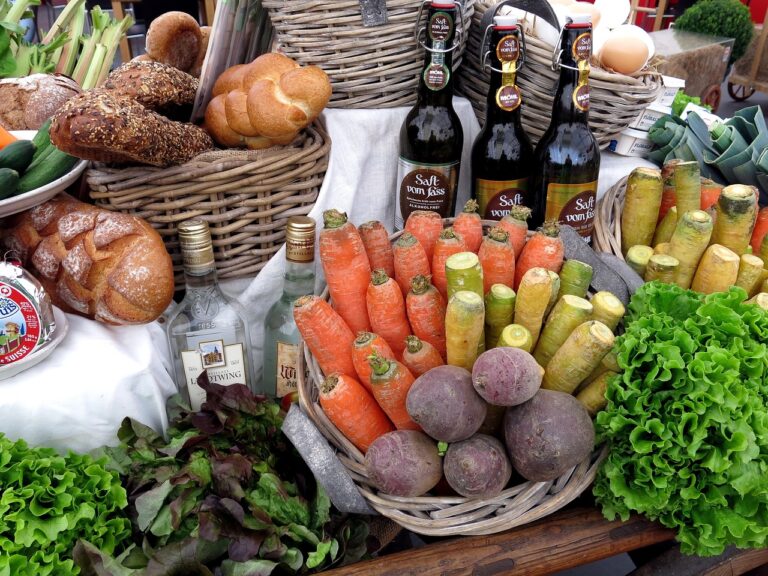The Role of Fashion Week Event Volunteers in Logistics Support
Fashion Week event volunteers play a vital role in ensuring the smooth running of the event. Their primary tasks include assisting with guest registration, managing seating arrangements, and providing support during runway shows. Volunteers must possess excellent organizational skills, a friendly demeanor, and the ability to work well under pressure.
In addition to these duties, volunteers are often responsible for helping backstage with model coordination, dressing room supervision, and handling any last-minute issues that may arise. They must be proactive in anticipating the needs of designers, models, and event staff to guarantee a successful Fashion Week experience for all involved.
Understanding Event Logistics and Operations
Event logistics and operations play a crucial role in the successful execution of any fashion week event. From coordinating with vendors to managing guest lists, volunteers involved in logistics and operations must possess exceptional organizational skills and attention to detail. Ensuring that timelines are met, resources are allocated efficiently, and any unforeseen issues are promptly addressed are just a few of the key responsibilities of these volunteers.
In addition to managing the flow of the event, volunteers in logistics and operations must also prioritize the safety and comfort of attendees. This includes overseeing the setup and breakdown of event spaces, coordinating transportation for guests and staff, and implementing emergency protocols if needed. By maintaining clear communication channels and staying adaptable in fast-paced environments, volunteers can contribute significantly to the overall success of the fashion week event.
What are some key responsibilities of fashion week event volunteers?
Fashion week event volunteers may be responsible for tasks such as assisting with guest check-in, coordinating seating arrangements, helping with backstage organization, and providing support to event staff as needed.
Can you explain the importance of understanding event logistics and operations?
Understanding event logistics and operations is crucial for ensuring that an event runs smoothly and successfully. This involves coordinating various aspects of the event, such as scheduling, transportation, venue setup, and staff management.
How can event planners improve their skills in event logistics and operations?
Event planners can improve their skills in event logistics and operations by gaining experience through internships or entry-level positions, attending industry workshops and seminars, networking with professionals in the field, and staying current on industry trends and best practices.







